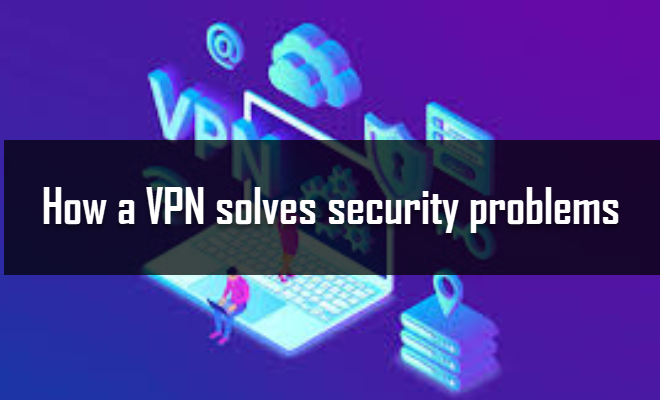VPN software has recently become a hot topic and for good reason. According to privacyinthenetwork, security breaches, both private and commercial, are increasing despite the fact those accessing the web are more security conscious than ver. With the tireless effort hackers put into finding new ways to hack business systems and steal personal data, various security measures have to be taken, and it seems that a reliable VPN can provide most of these solutions!

What we mean by security issue
Simply said, security concerns are all issues that occur when a device has been compromised by a third party. This is for example when a virus enters a device and allows the hacker access to this device. With this, the hacker can do with the data on this device whatever he wants. This includes deleting, downloading, and even publicly sharing various information. They can also get access to very sensitive personal data, like payment information.
The security risks increase dramatically when a company’s data can be compromised. They can steal this data and it can fall into competition’s hands, end up on a public forum, or be kept for ransom. Ransomware is another type of virus that locks the device until the hacker decides to unlock it. Nothing can be done with this device (except turned off, but that doesn’t do anything) until the hacker lifts the lock. They usually do it to black-mail the users to pay a fee for leaving the device alone.
The need for security
Companies are more than ever in need of secure networks, especially if the employees work remotely. Nowadays many companies decide to allow their employees to work outside the office, and this has greatly increased the chance of a security breach, for this reason or the other.
Compromised data accounts for the majority of damage done by cyber-attacks, and now it’s counted in billions of dollars world-wide. That’s why many companies started hiring security experts and consultants that keep an eye on the stability of their system, and improving them where there are loopholes.
Since data and online security is very complicated and will never be perfected, multiple layers of security should be implemented. A built-in firewall that comes with your operating system is a good start, an anti-virus too. These, however, don’t make up a fraction of a serious private and public security measure.
Thankfully, a VPN is usually more than enough to pump up the security on a device so their users and owners can sleep peacefully.
What does a VPN do?
A VPN solves most of the security issues by making the device much more difficult to track. The hacker would need much more time and would put a lot of effort in order to break through the VPN’s IP and get access to your device.
This is because of the way IPs work. An IP is a virtual and physical address of your device on the Internet. Every time you connect to the Internet, any website will know where to send the data you are requesting through the IP address information that your address provides.[adsense]
Every IP address is unique and it has a physical signature as well. Internet providers and others can figure out your location very easily only by knowing your IP address. That’s how they know where to send a SWAT team to catch a hacker in the movies.
VPN here saves the day by masking your real IP address. Once you’ve connected through a VPN, you have access to the whole internet via a virtual IP address. In order for a hacker to get to your real IP address, he needs to track you for quite a while until they breach this virtual IP. This is usually not fun for hackers, especially if they know or feel that your device is not a target of particular interest to them.



